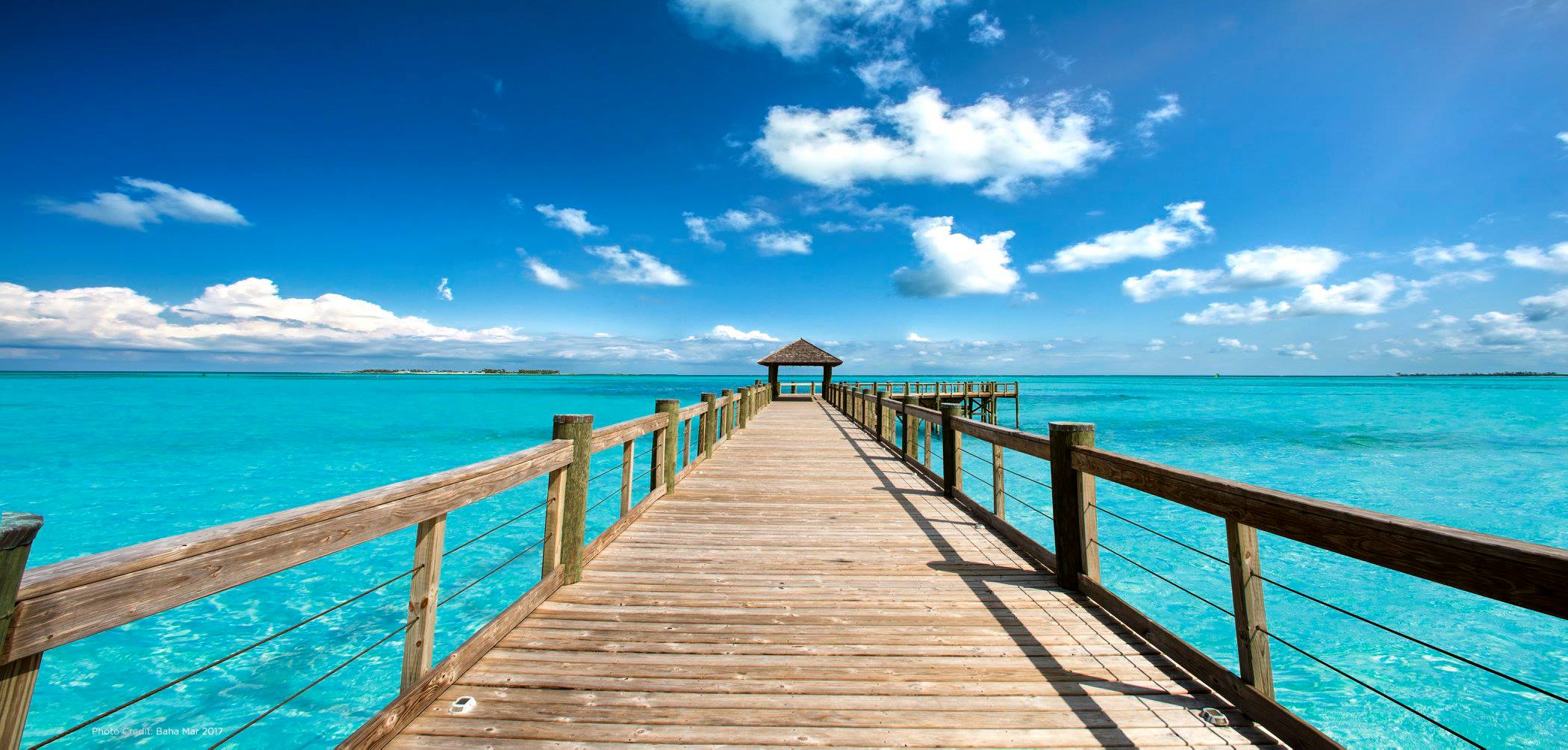Preserving Mexico’s Cultural Heritage: Embracing Sustainable Luxury Travel
Mexico, with its rich cultural heritage and diverse ecosystems, offers an unparalleled travel experience. As the world becomes increasingly aware of the importance of sustainable tourism, Mexico is at the forefront, offering luxury travel options that are both lavish and environmentally conscious. Here’s how you can embrace sustainable luxury travel while preserving Mexico’s cultural heritage.
Eco-Friendly Luxury Accommodations Hotel Esencia – Riviera Maya
Hotel Esencia, nestled on the pristine beaches of the Riviera Maya, combines luxury with a strong commitment to sustainability.
- Eco-Luxury Suites: The hotel offers eco-friendly suites designed with natural materials, energy-efficient systems, and minimal environmental impact. Each suite provides stunning views and a tranquil escape [1].
- Sustainable Practices: Hotel Esencia implements comprehensive recycling programs, rainwater harvesting, and solar energy use. The property also supports local artisans by incorporating handmade items into the decor [1].
Azulik – Tulum
Azulik is a unique eco-resort in Tulum, renowned for its commitment to sustainability and connection to nature.
- Eco-Villas: Constructed from natural materials, the treehouse-style villas offer an immersive experience with nature. The design minimizes environmental impact while providing luxurious comfort [2].
- Sustainable Dining: The resort’s restaurants focus on locally sourced, organic ingredients, supporting sustainable agriculture and reducing carbon footprints [2].
Cultural Preservation and Community Engagement Supporting Local Artisans
Engaging with local artisans helps preserve traditional crafts and supports the local economy.
- Artisan Markets: Visit markets such as Mercado de Artesanías La Ciudadela in Mexico City, where you can purchase handmade crafts, textiles, and pottery. These markets offer a direct connection to the cultural heritage of Mexico [3].
- Workshops and Tours: Participate in artisan workshops where you can learn about traditional crafts such as weaving, pottery, and alebrije painting. These experiences provide insights into the cultural significance of these crafts while supporting local communities [3].
Cultural Heritage Tours
Private tours led by local guides offer an in-depth understanding of Mexico’s cultural heritage.
- Historical Sites: Explore ancient ruins such as Chichen Itza, Teotihuacan, and Palenque with expert guides who provide historical context and cultural insights. These tours often include visits to lesser-known sites, offering a more intimate experience [3].
- Cultural Festivals: Attend traditional festivals like Dia de los Muertos in Oaxaca or the Guelaguetza Festival, which celebrate Mexico’s rich cultural traditions and provide a unique immersive experience [3].
Sustainable Activities and Eco-Tours Whale Watching in Baja California
Baja California offers some of the best whale-watching experiences in the world, with a focus on environmental conservation.
- Responsible Tours: Choose eco-certified tour operators that adhere to guidelines for responsible whale watching, ensuring minimal disturbance to marine life. These tours provide educational insights into the behavior and conservation of these majestic creatures [4].
Cenote Exploration in Yucatán
Cenotes, natural sinkholes found in the Yucatán Peninsula, are both geological wonders and significant cultural sites.
- Eco-Friendly Tours: Opt for tours that prioritize environmental protection and cultural respect. These tours often include information about the ecological importance of cenotes and their historical significance to the Mayan civilization [4].
Eco-Conscious Dining
Farm-to-Table Restaurants
Farm-to-table dining emphasizes locally sourced, sustainable ingredients, supporting local farmers and reducing environmental impact.
- Pujol – Mexico City: Chef Enrique Olvera’s Pujol is renowned for its innovative use of traditional Mexican ingredients, sourced from local farms. The menu changes seasonally, reflecting the availability of fresh produce [5].
- Hartwood – Tulum: This open-air restaurant focuses on sustainability, using solar energy and sourcing ingredients from local fishermen and farmers. The dishes highlight the flavors of the Yucatán Peninsula [5].
Sustainable Seafood
Sustainable seafood practices help preserve marine ecosystems while providing fresh, delicious meals.
- Contramar – Mexico City: Known for its commitment to sustainable seafood, Contramar serves dishes made with responsibly sourced fish and seafood. The menu showcases Mexico’s rich coastal culinary traditions [5].
Conclusion: Embracing Sustainable Luxury in Mexico
Traveling sustainably in Mexico allows you to experience the country’s rich cultural heritage while minimizing your environmental impact. By choosing eco-friendly accommodations, supporting local artisans, participating in responsible tours, and dining at sustainable restaurants, you can enjoy the best of Mexico’s luxury travel offerings while contributing to the preservation of its natural and cultural treasures.
Embrace sustainable luxury travel and discover the beauty and heritage of Mexico in a way that respects and preserves its unique essence.
